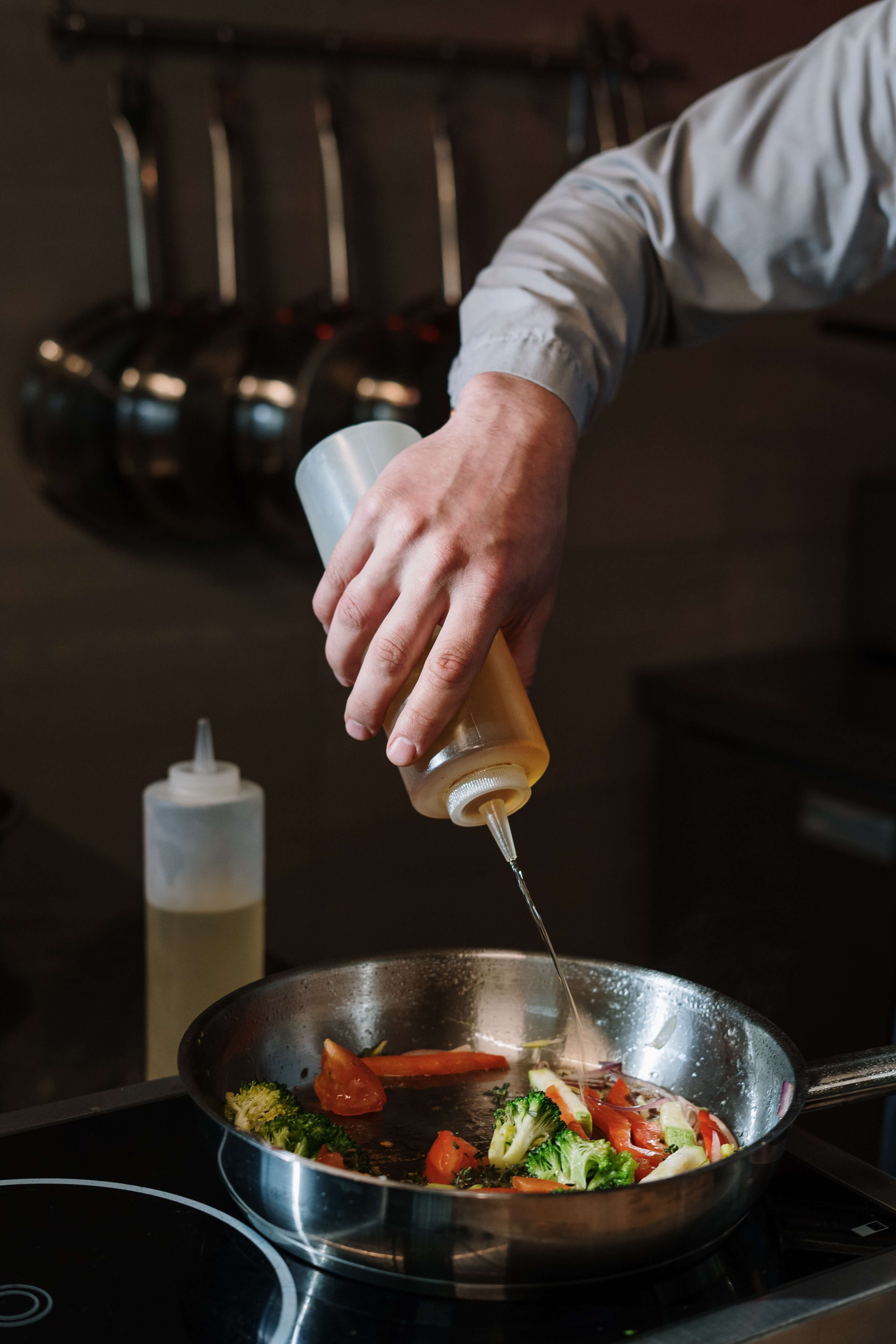Dubai, United Arab Emirates, is known for its towering skyscrapers, luxurious resorts, and futuristic infrastructure. However, behind its glitzy façade, the city is making significant strides in sustainability, particularly in the realm of biofuels. Leading the charge in this transformation is Lootah Biofuels, a circular economy company that produces biofuel from used cooking oil. With a strong network of partners and government support, Lootah Biofuels is playing a vital role in the UAE's sustainability efforts and is poised to make a global impact.
Lootah Biofuels has formed partnerships with some of the most prominent national and international brands operating in the UAE, including Jumeirah Group, Emaar Hospitality, Rotana Group, Majid Al Futtaim, Atlantis The Palm, Americana Group, Alshaya Group, Chinese Palace Restaurant Group, Kamat & Gazibo Restaurants, and Modern Bakery. These partnerships have been instrumental in providing a steady supply of used cooking oil for recycling and biofuel production. The contributions from these partners amount to an impressive 160,000 liters of waste cooking oil per month, enabling Lootah Biofuels to produce biofuels that power transport vehicles and contribute to a circular, innovative, and sustainable economy.
The support from these partners highlights the world's confidence in the UAE's leadership in sustainability and its commitment to hosting COP 28 at Expo City Dubai from November 30th to December 12th, 2023. Lootah Biofuels' CEO, Yousif bin Saeed Lootah, expressed his gratitude to the partners and emphasized the importance of collaboration in supporting sustainable projects. By expanding the network of partners, Lootah Biofuels aims to collect, process, and convert waste cooking oils into biodiesel fuel using innovative technologies. The company's biofuels offer a competitive price point compared to regular diesel fuel, making them an attractive option for commercial transportation, such as trucks and buses. This not only reduces emissions but also provides environmentally friendly energy solutions that align with the UAE's commitment to combating climate change and global warming.
Lootah Biofuels' impact extends beyond its partnerships. The company actively collaborates with various UAE government agencies and institutions, including the Roads and Transport Authority, Dubai Municipality, and Dubai Police. These collaborations aim to promote and stimulate initiatives focused on sustainable development. By working closely with government entities, Lootah Biofuels ensures that its efforts align with national sustainability goals and receive the necessary support to thrive.
One of the significant advantages of producing biofuels from used cooking oils is their high carbon reduction potential, making them an ideal feedstock for biodiesel. Additionally, appropriate collection and recycling initiatives contribute to reducing pollution, conserving natural resources, and mitigating the negative environmental impacts associated with the disposal of used cooking oils. Improper disposal can lead to water, soil, and air pollution, harming wildlife, and putting unnecessary strain on wastewater systems. By converting these oils into biofuels, Lootah Biofuels addresses these challenges and promotes a more sustainable and circular economy.
Lootah Biofuels operates a specially designed fleet that collects waste cooking oil from restaurants and bakeries. By incentivizing these establishments not to dispose of oils in ways that harm the environment or reuse them in the food chain, the company ensures a responsible and sustainable approach to waste management. This integrated waste management process benefits the environment and also improves the efficiency of the food and hospitality sector's waste management practices.
The company's efforts align with the UAE Energy Strategy, which aims to increase the share of clean and sustainable energy sources in the country's energy mix. Currently, Lootah Biofuels has a production capacity of 60 million liters of biofuel per year. However, with the upcoming new plant in Abu Dhabi set to launch this year, the capacity is expected to rise to approximately 100 million liters per year. This expansion will help meet the growing energy demand of the transport sector with clean alternatives, further contributing to the UAE's sustainability goals.
In addition to environmental benefits, the low cost of biofuel produced by Lootah Biofuels optimizes the operational expenses of many company fleets. This in turn leads to lower prices for products and services for end customers, as transportation costs are a significant factor in pricing. Yousif bin Saeed Lootah emphasized the need to stabilize biofuel prices while increasing demand and promoting innovation in biofuel production. These factors are crucial to driving the wider adoption of biofuels and realizing their full potential as a sustainable energy source.
Image provided by cottonbro studio



1 Comment